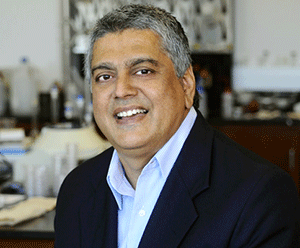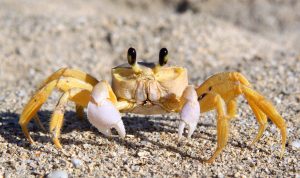 According to the Georgia Institute of Technology, crab shells and trees may soon replace the flexible plastic packaging used to keep food fresh. The innovative process involves spraying multiple layers of chitin from crab shells and cellulose from trees to form a flexible film similar to plastic packaging film. Once fully dried, the material is flexible, strong, transparent, and compostable.
According to the Georgia Institute of Technology, crab shells and trees may soon replace the flexible plastic packaging used to keep food fresh. The innovative process involves spraying multiple layers of chitin from crab shells and cellulose from trees to form a flexible film similar to plastic packaging film. Once fully dried, the material is flexible, strong, transparent, and compostable.
Not only will these lifeforms become a source of sustainable and renewable wrapping, but they will also help improve food quality. Compared to conventional plastic packaging, the new technology offers a 67 percent reduction in oxygen permeability, allowing food to stay fresh even longer.


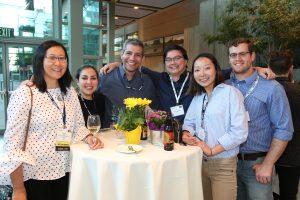
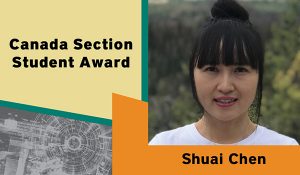 The winner of the 2018
The winner of the 2018 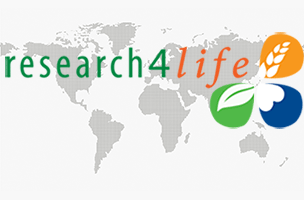
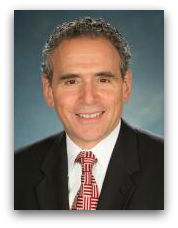
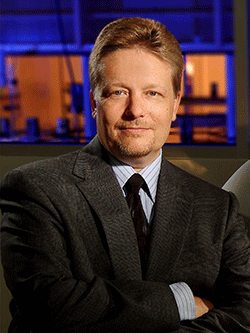
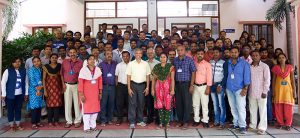
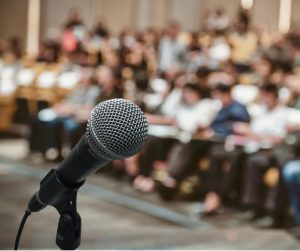
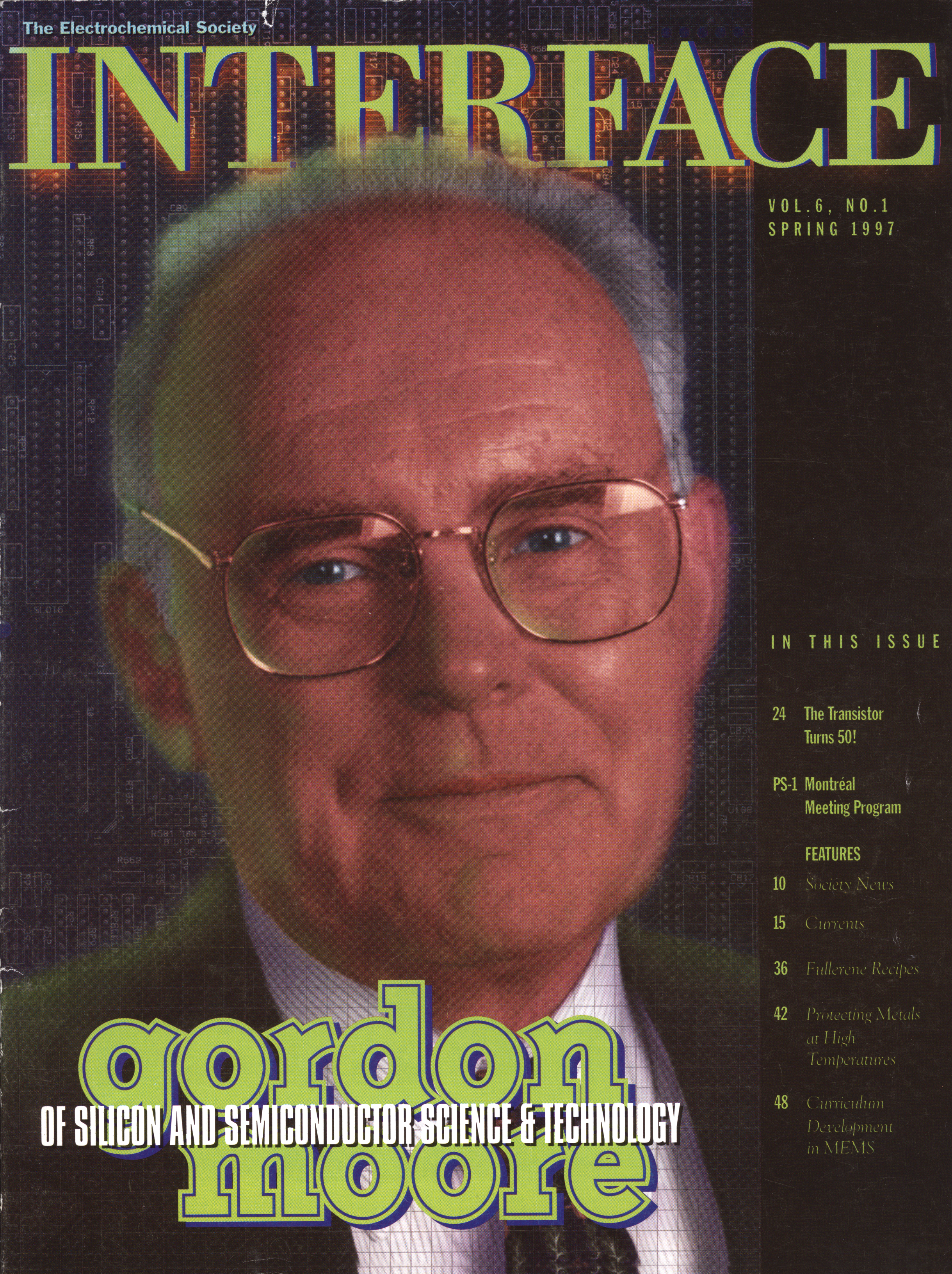 Nineteen sixty-eight marked a year of tragedy but also of transformation. It may be 50 years in our past, but what occurred that year is still very much alive with us today. Here are our top 5 reasons why the scientific advances of that year are super “groovy” in our book:
Nineteen sixty-eight marked a year of tragedy but also of transformation. It may be 50 years in our past, but what occurred that year is still very much alive with us today. Here are our top 5 reasons why the scientific advances of that year are super “groovy” in our book: